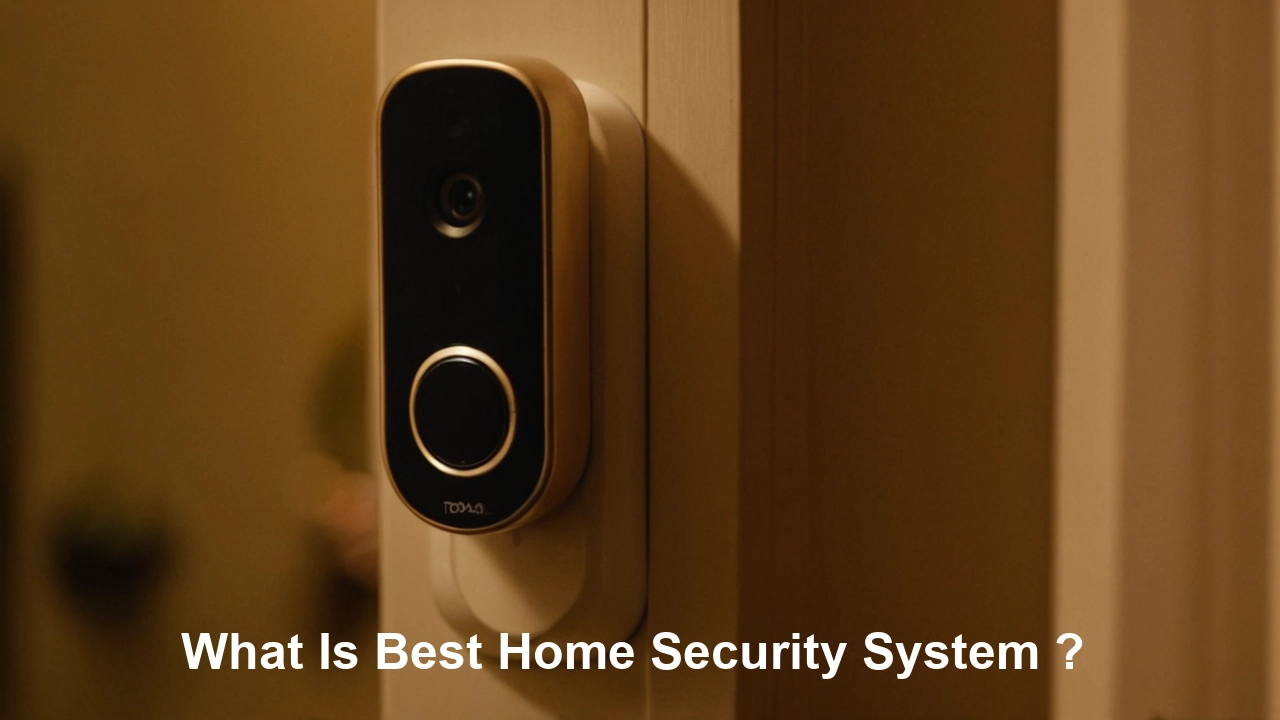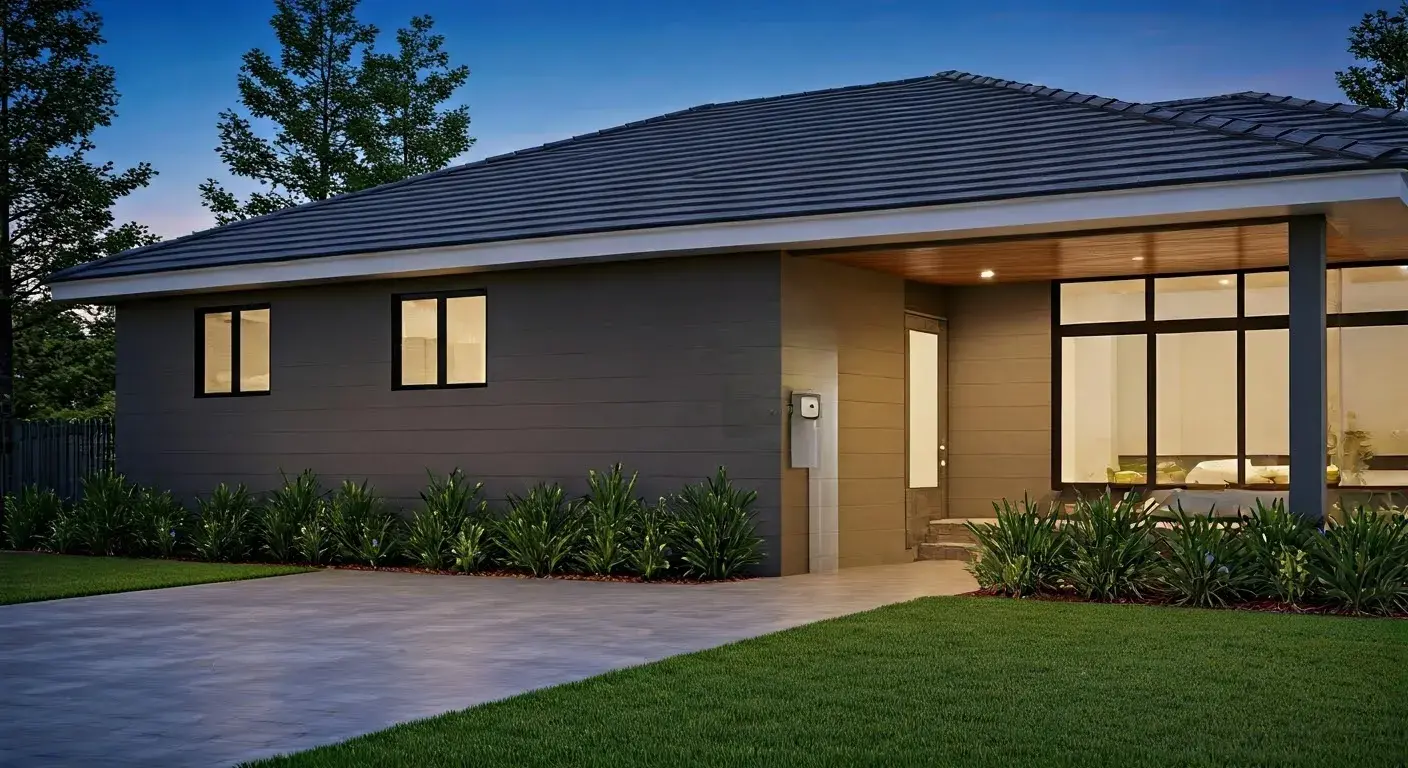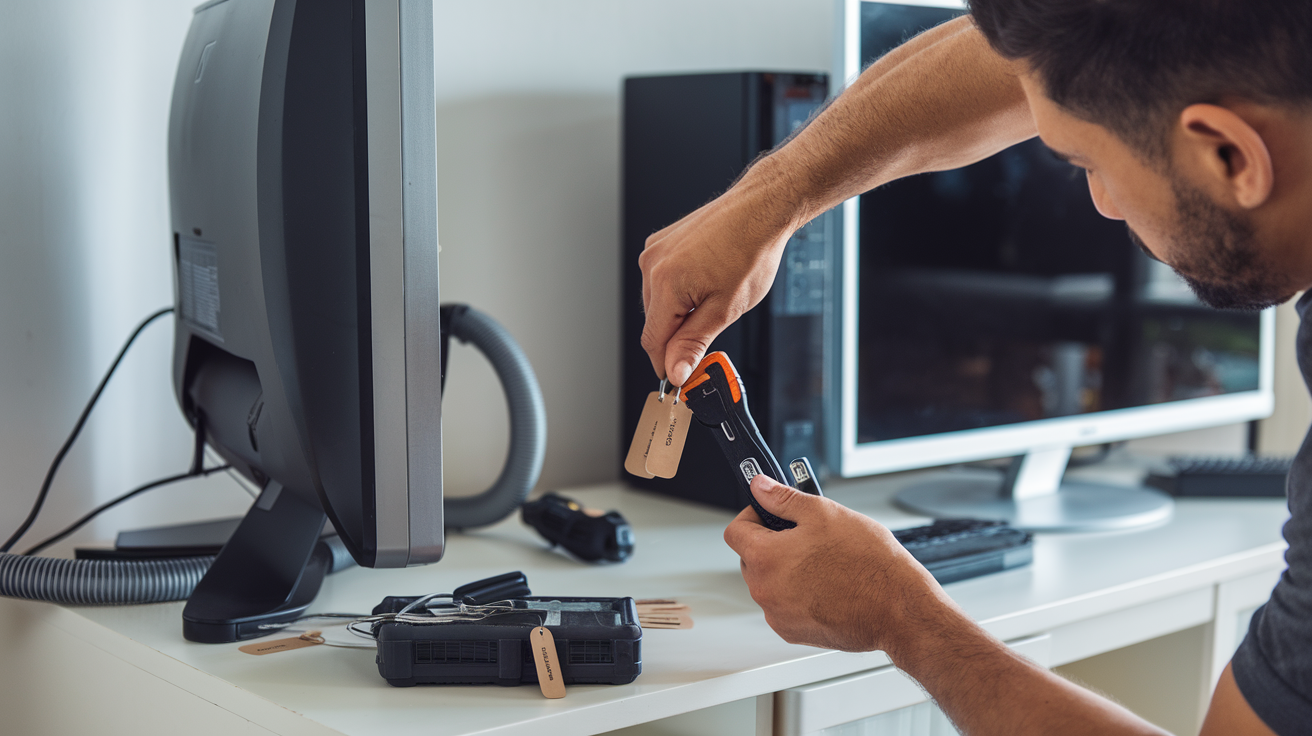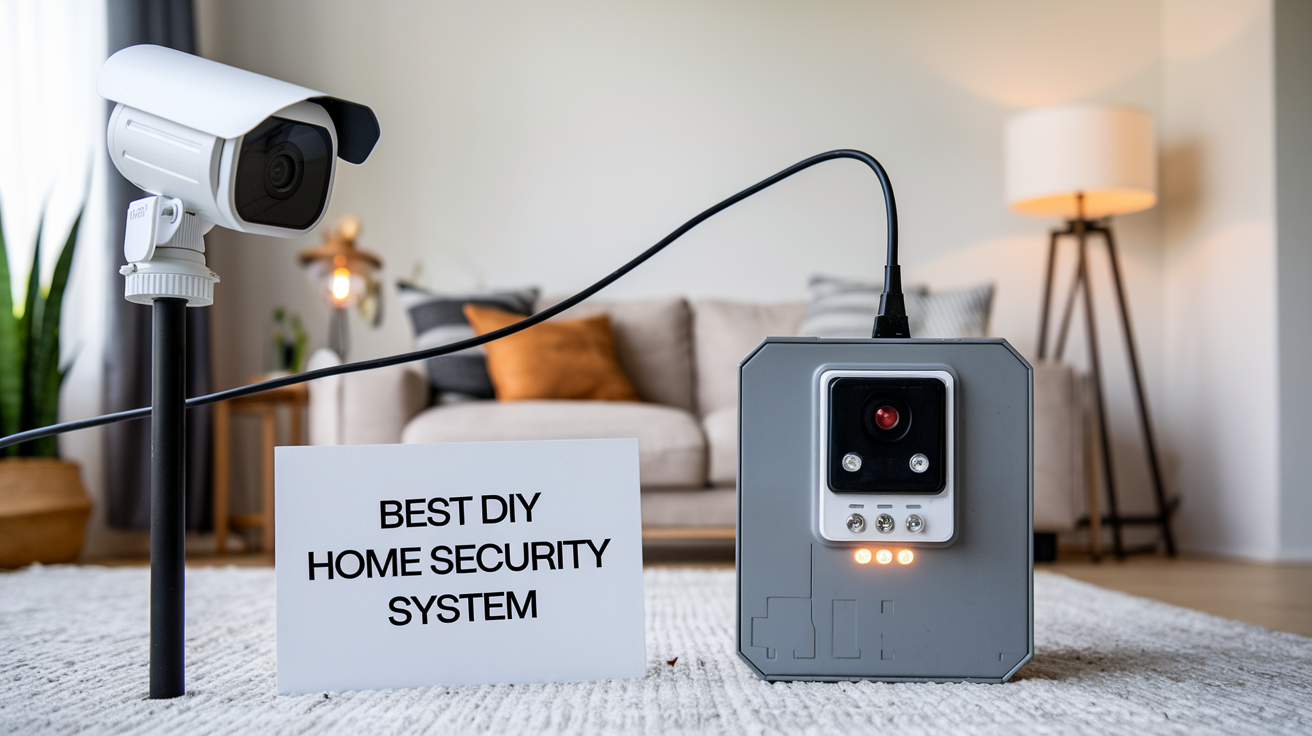In an era where technology plays a pivotal role in our daily lives, ensuring the safety of our homes has become more sophisticated than ever. Home security systems have evolved from basic alarm systems to comprehensive, smart solutions that offer advanced features. With a plethora of options available in the market, finding the best home security system can be a daunting task. This guide aims to demystify the complexities surrounding home security systems, helping you make an informed decision to safeguard your home and loved ones.
Understanding Your Needs:
The first step in selecting the Best Home Security System is to assess your specific needs. Different households have different requirements based on factors such as location, size, and personal preferences. Consider whether you need a system primarily for intrusion detection, fire monitoring, or a combination of both. Additionally, think about whether you want a system with home automation capabilities, allowing you to control various aspects of your home remotely.
Types of Home Security Systems:
-
Traditional Alarm Systems: Traditional alarm systems are the foundation of home security. They include door and window sensors, motion detectors, and a central control panel. When a sensor is triggered, an audible alarm is activated, and a signal is sent to a monitoring center, which can dispatch emergency services if necessary.
-
Wireless Systems: Wireless home security systems have gained popularity due to their ease of installation and flexibility. These systems use radio frequency signals to connect sensors to the control panel, eliminating the need for extensive wiring. This makes them ideal for both renters and homeowners.
-
Smart Home Security Systems: Smart Home Security Systems integrate with your home's Wi-Fi network, allowing you to control and monitor your security system remotely through a smartphone app. These systems often include features like video surveillance, smart Doorbell Cameras, and the ability to integrate with other smart devices in your home.
-
DIY Systems: Do-it-yourself (DIY) home security systems are designed for easy installation without professional assistance. These systems are typically wireless and offer customizable solutions, allowing homeowners to add or remove components as needed.
-
Professionally Monitored Systems: Professionally Monitored Systems involve a third-party monitoring center that responds to alerts and dispatches emergency services when necessary. While this service adds an additional cost, it provides around-the-clock monitoring for greater peace of mind.
Key Features to Consider:
-
Monitoring Services: Determine whether you prefer professional monitoring or self-monitoring. Professional monitoring services ensure a swift response to alerts, while self-monitoring allows you to receive notifications and handle situations on your own.
-
Camera Quality and Coverage: If video surveillance is a priority, evaluate the quality and coverage of the cameras included in the system. Look for high-resolution cameras with features like night vision and wide-angle lenses for comprehensive coverage.
-
Home Automation Integration: Consider whether the security system can integrate with other smart home devices. This could include smart door locks, lighting controls, and thermostat adjustments, enhancing the overall security and efficiency of your home.
-
Mobile App Functionality: A user-friendly mobile app is crucial for managing and monitoring your security system on the go. Ensure that the app provides real-time alerts, remote arming and disarming, and easy access to video feeds.
-
Installation and Setup: Assess the installation process and whether it aligns with your comfort level. DIY systems are often designed for easy setup, while Professionally Installed Systems may require a technician's expertise.
-
Customer Support and Reputation: Research the reputation of the home security system provider. Read customer reviews, check for certifications, and evaluate the level of customer support provided. A reliable and responsive support system is essential for addressing any issues promptly.
Cost Considerations:
The cost of a home security system can vary widely based on factors such as the type of system, monitoring services, and additional features. While it's tempting to opt for the most affordable option, it's crucial to consider the long-term value and the level of protection provided. Some systems may offer lower upfront costs but require ongoing subscription fees for monitoring services.
FAQ's
Q. What factors should I consider when choosing the best home security system?
A. When selecting a home security system, consider factors such as your specific security needs, the size and layout of your home, the reliability of the system, monitoring options, customer reviews, and the level of customer support provided by the security company.
Q. Are wireless or wired home security systems better?
A. Both wireless and wired home security systems have their advantages. Wireless systems are often easier to install and more flexible, while wired systems may offer greater reliability and don't rely on batteries. The best choice depends on your preferences and the specific requirements of your home.
Q. What features should I look for in a home security system?
A. Look for features such as motion detectors, door/window sensors, surveillance cameras, smart home integration, remote monitoring capabilities, and professional monitoring services. The best home security system is one that aligns with your security goals and integrates seamlessly into your lifestyle.
Q. Are DIY home security systems as effective as professionally installed ones?
A. DIY (Do It Yourself) home security systems have become increasingly sophisticated and can be very effective. They are often easier to install and more budget-friendly. However, professionally installed systems may offer more advanced features and ensure proper setup, potentially providing a higher level of security.
Q. How important is professional monitoring for a home security system?
A. Professional monitoring is crucial for a home security system, especially if you want a prompt response to emergencies. With professional monitoring, trained personnel can quickly assess and respond to alerts, contacting law enforcement or emergency services when necessary. It adds an extra layer of protection to your home.
Conclusion:
Choosing the best home security system involves careful consideration of your specific needs, preferences, and budget. Whether you opt for a traditional alarm system, a wireless solution, or a comprehensive smart home security system, prioritize features that align with your priorities. Remember that the goal is not just to protect your property but also to provide peace of mind for you and your loved ones. By investing time in research and understanding the available options, you can make an informed decision to create a safer and more secure home environment.
Call on (888) 805-5456 for Smart Home Security System now!






